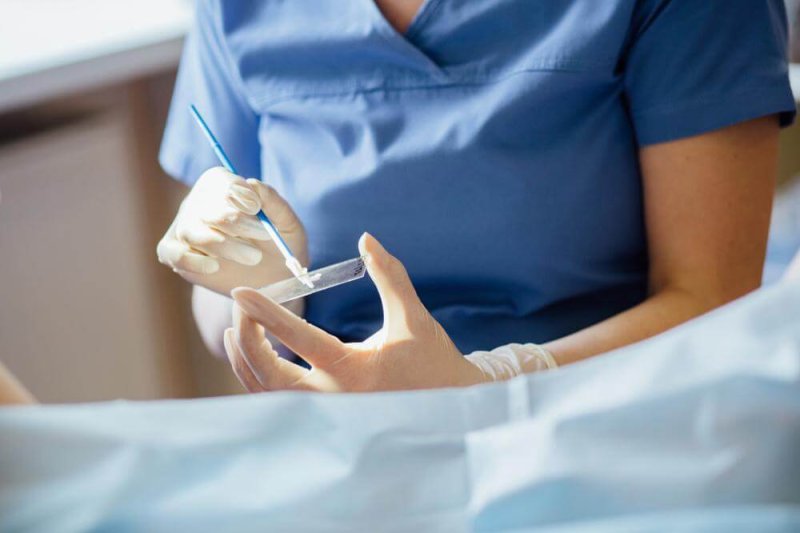I’m a public health nurse who has spent a career studying ways to better test women for the human papillomavirus (HPV), the main cause of cervical cancer, so they can get early and lifesaving treatment. In rural, resource-limited areas — in the U.S. as well as abroad — I’ve seen how this disease claims lives and fractures families.
…
The HPV self-collection test I’ve used in my research in both rural Virginia and Nicaragua makes it possible for women to collect their own cervical sample in the privacy of their homes and mail to a lab to be tested. I urge the Food and Drug Administration to approve at-home self-collection of HPV samples for primary cervical cancer screening so it can be more widely available to women who routinely go unscreened. By making home testing kits and follow-up care more available, we can curb the anticipated spike in preventable cervical cancer cases that Covid-19 will inevitably bring.
That first step — approving a kit for women to collect cervical samples at home — has a new and urgent relevance in this era of social distancing. It is a portal through which more women will be saved from cervical cancer, in the U.S. and around the world.































